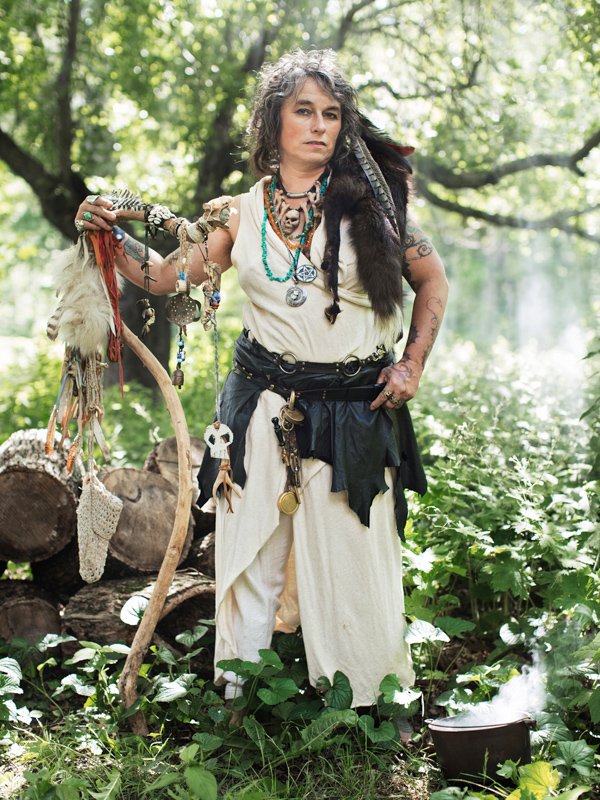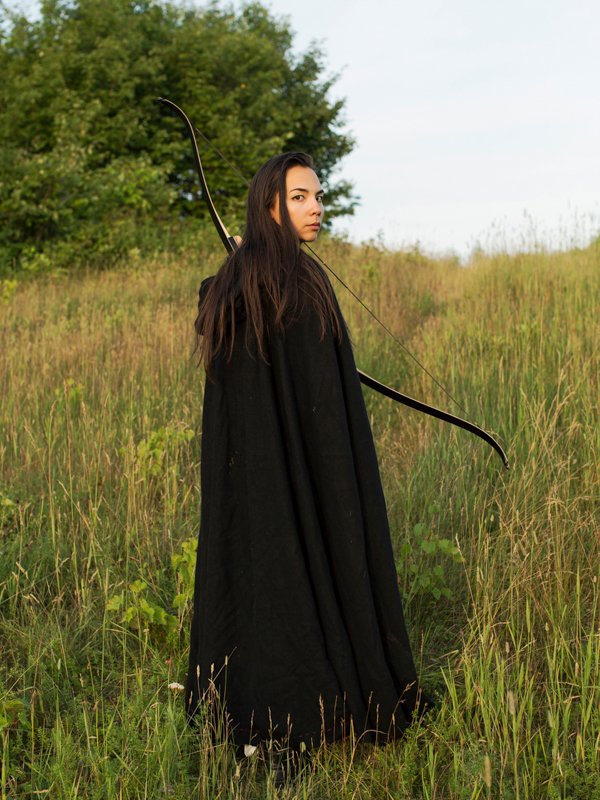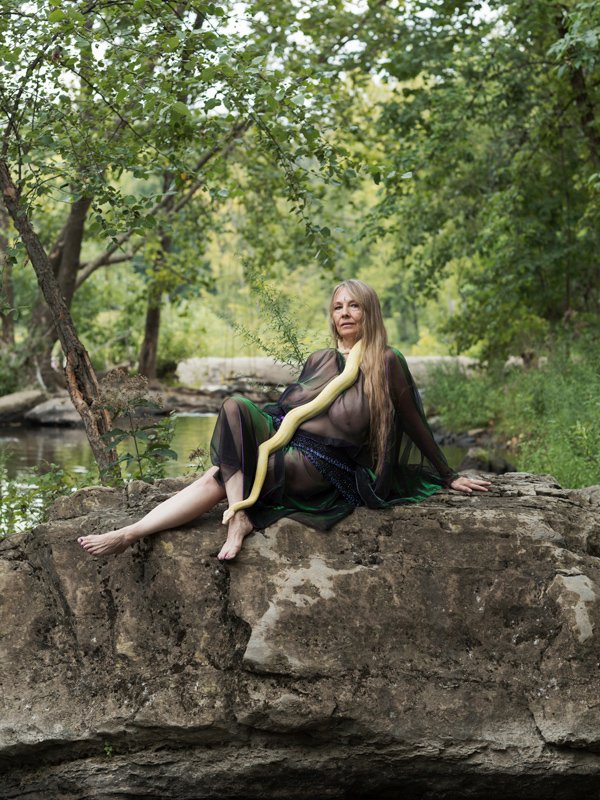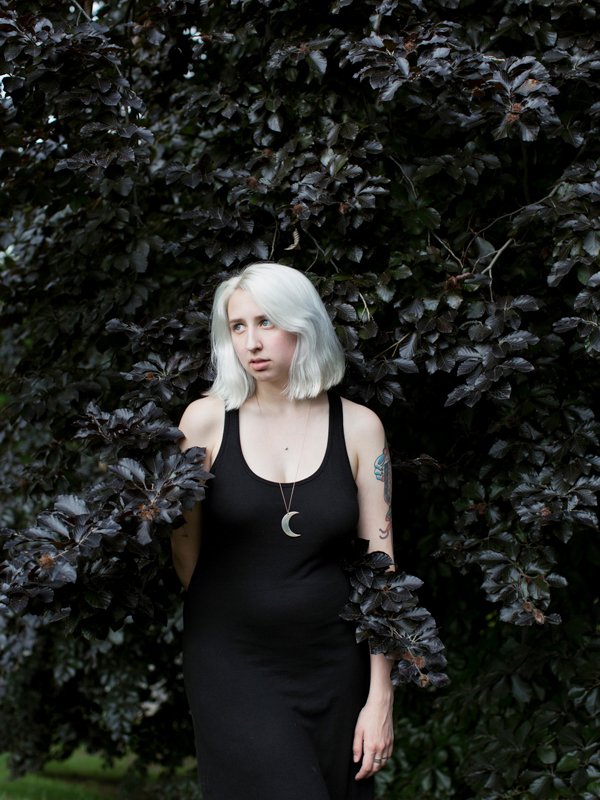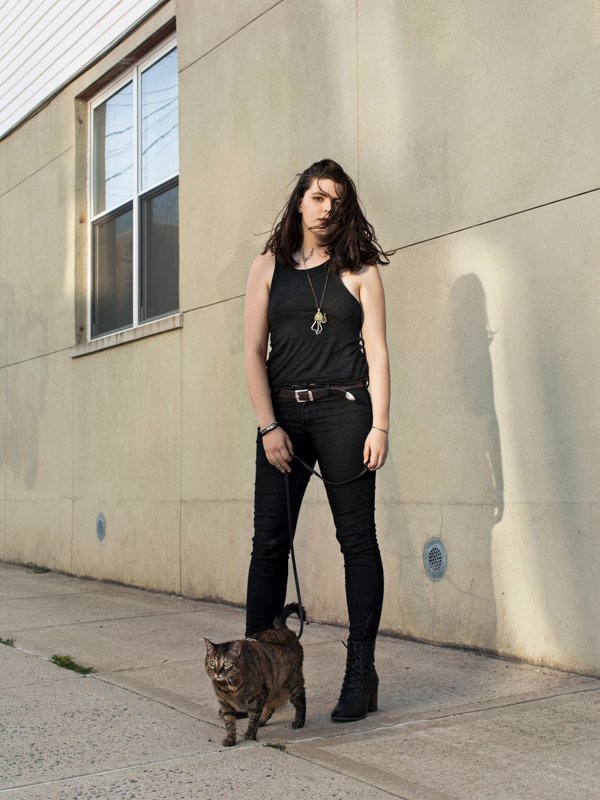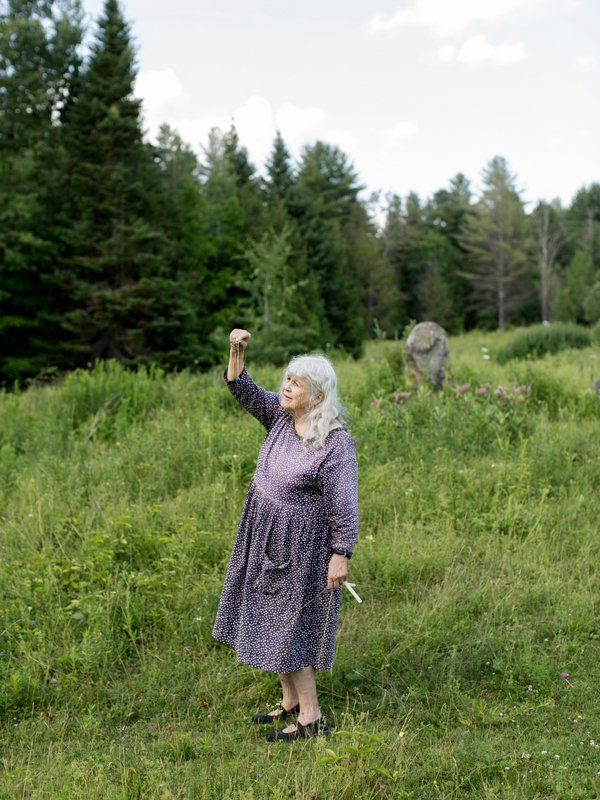Photographing the Witches of America
Who identifies as a witch? What does that mean? Who are they? Where are they? These questions were the beginning of photographer Frances F. Denny’s collection, Major Arcana: Witches in America, a book of photos cataloging a whole spectrum of witches and their stories.
As told to Vera Blossom
March 8, 2021
While researching her project Let Virtue Be Your Guide, photographer Frances F. Denny discovered an interesting coincidence in her family ancestry: her eighth great grandmother was accused — then acquitted — of practicing witchcraft. Twenty years later, her tenth great grandfather acted as a judge in the Salem witch trials.
This inspired Frances to think about the witch as a proto-feminist archetype that has shifted through various forms throughout history.
Who identifies as a witch? What does that mean? Who are they? Where are they? These questions were the beginning of her collection, Major Arcana: Witches in America, a book of photos cataloging a whole spectrum of witches and their stories.
Here, Frances tells us about the making of the collection, her travels photographing witches across the United States, and what she learned about magic.
There is no one way to be a witch — and yet there is.
Across different beliefs and practices, the common thread I found working on this project is that witchcraft is about conjuring a kind of internal power. It's a way of coping. It's a way of seeing in the dark. Witchcraft empowers the individual.
In the foreword to my book Major Arcana, Pam Grossman talks about how the witch is one of the only female archetypes that is not defined in relation to man. She's not the Queen to the King nor is she a wife to a husband nor a mother to a child.
The witch stands alone.
Isn't it interesting that there is this distinctly female figure who has this power and scares the shit out of people and coincidentally doesn’t serve the interests of patriarchy very well? I wanted to know what that power and that fear was — or is — about.
© Frances F. Denny, “Meredith (Moretown, VT)," Archival pigment print, Courtesy of ClampArt, New York City
In the 17th century, in Massachusetts specifically, no one would ever have identified as a witch. That word was derogatory. It was an accusation and practically a death sentence.
In someplace like Brooklyn, you can say you’re a witch and nobody blinks an eye. But there were three or four people in the project who reminded me that you can still be accused of witchcraft and be punished or killed for it. Some subjects in my book had it brought up in court against them.
The witch is still very much a transgressive archetype, a flat image in the collective imagination. But, the tricky thing about photography is that it is a reduction of a self. When you photograph someone, you take a three-dimensional living, breathing person and reduce them into the single dimension.
So, I felt a great responsibility for depicting each witch with care and respect and dignity. I asked each witch what they wanted to be photographed with, where they might want to be photographed, what they wanted to wear. And I did my best to ask questions and learn about them, their lives, their practices, to help create this fuller, sharper image. In a sense, I wanted to work in collaboration with them and allow them to maintain their voice and identity in the photographs.
One of my most memorable experiences of making this collection was when I photographed a woman named Leonore. I was so nervous to meet her. Not only was I halfway across the country meeting up with strangers to photograph, she was very terse and direct over email in a way that really intimidated me.
Leonore invited me to photograph her in her apartment in Montpellier, a beautiful little town in Vermont. In person, she was still very direct and forthright, but also incredibly wonderful. Very much a “no bullshit” type of person, which I deeply appreciate. After we did some photos in her apartment, she mentioned a park that was nearby and suggested we go there.
At the park, we went into this incredible cave with one little oculus of light coming in from the top, shooting across the cavern. We took a few photos and then she led me up this hill in a meadowy field while the sun was setting. As we climbed up, she turned around to look at me and I snapped a photo.
She and I are still good friends to this day.
© Frances F. Denny, “Leonore (Montpelier, VT)," Archival pigment print, Courtesy of ClampArt, New York City
What happens when I'm photographing someone for a portrait, there’s something intuitive happening. I feel a cognitive change in me when I’m holding space for whoever I'm photographing. It feels like I’m entering their space.
I can feel my consciousness change when I'm doing this act of portraiture. And I think that that is a kind of magic. You can train or foster that intuition, sure, but it’s something innate and intangible as well.
I don't identify as a witch simply because I don't have any kind of witchcraft practice, however, I now do believe the act of photographing is magical.
If you've ever been in a dark room and smelled the chemicals and seen an image appear on a piece of white paper before you, it is fucking nuts. It's magic. It’s alchemy.
© Frances F. Denny, “Wolf (Brooklyn, NY)," Archival pigment print, Courtesy of ClampArt, New York City
© Frances F. Denny, “Serpentessa (Esopus, NY)," Archival pigment print, Courtesy of ClampArt, New York City
© Frances F. Denny, “Karen (Brooklyn, NY)," Archival pigment print, Courtesy of ClampArt, New York City
© Frances F. Denny, “Keavy (Brooklyn, NY)," Archival pigment print, Courtesy of ClampArt, New York City
© Frances F. Denny, “Kir (Brooklyn, NY)," Archival pigment print, Courtesy of ClampArt, New York City
© Frances F. Denny, “Judika (Brooklyn, NY)," Archival pigment print, Courtesy of ClampArt, New York City
© Frances F. Denny, “Randy (Plainfield, VT)," Archival pigment print, Courtesy of ClampArt, New York City
Major Arcana is currently on view at The Southeast Museum of Photography in Daytona, FL. Buy Major Arcana: Witches in America and support your local indie bookstores here.


